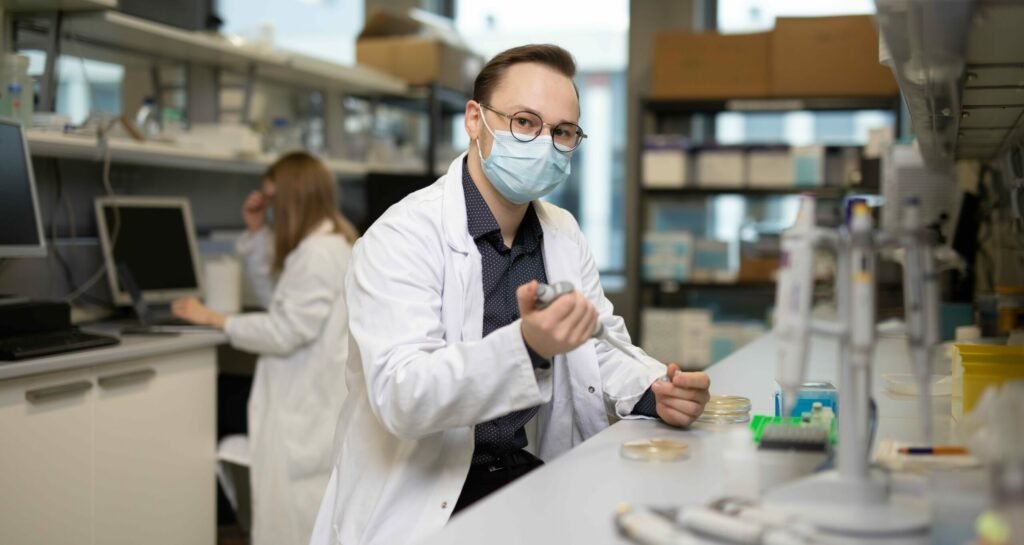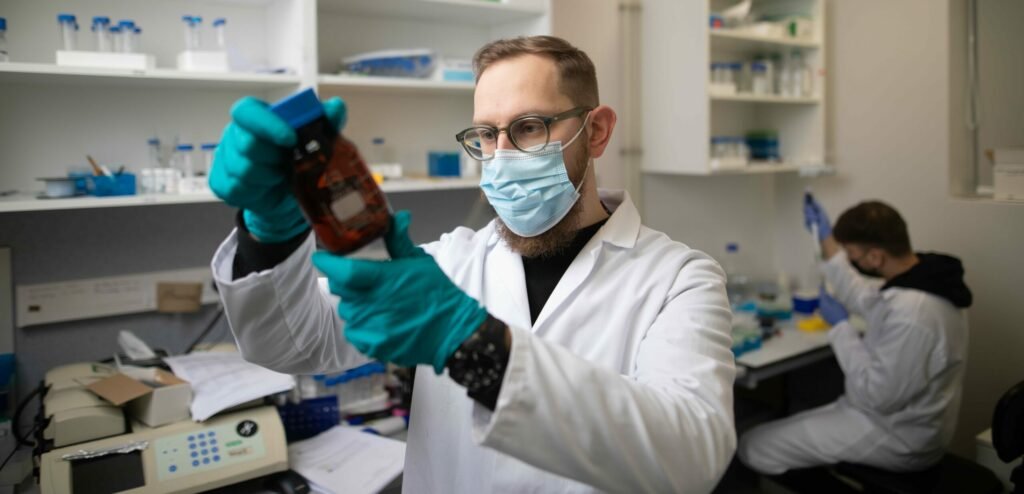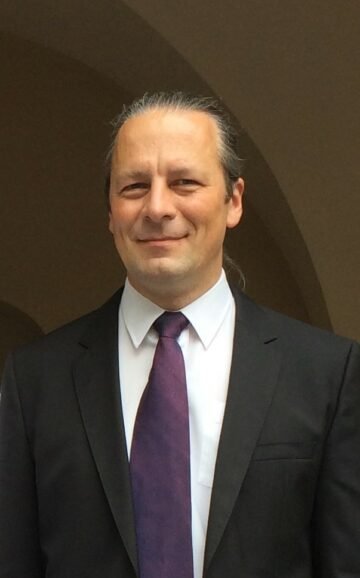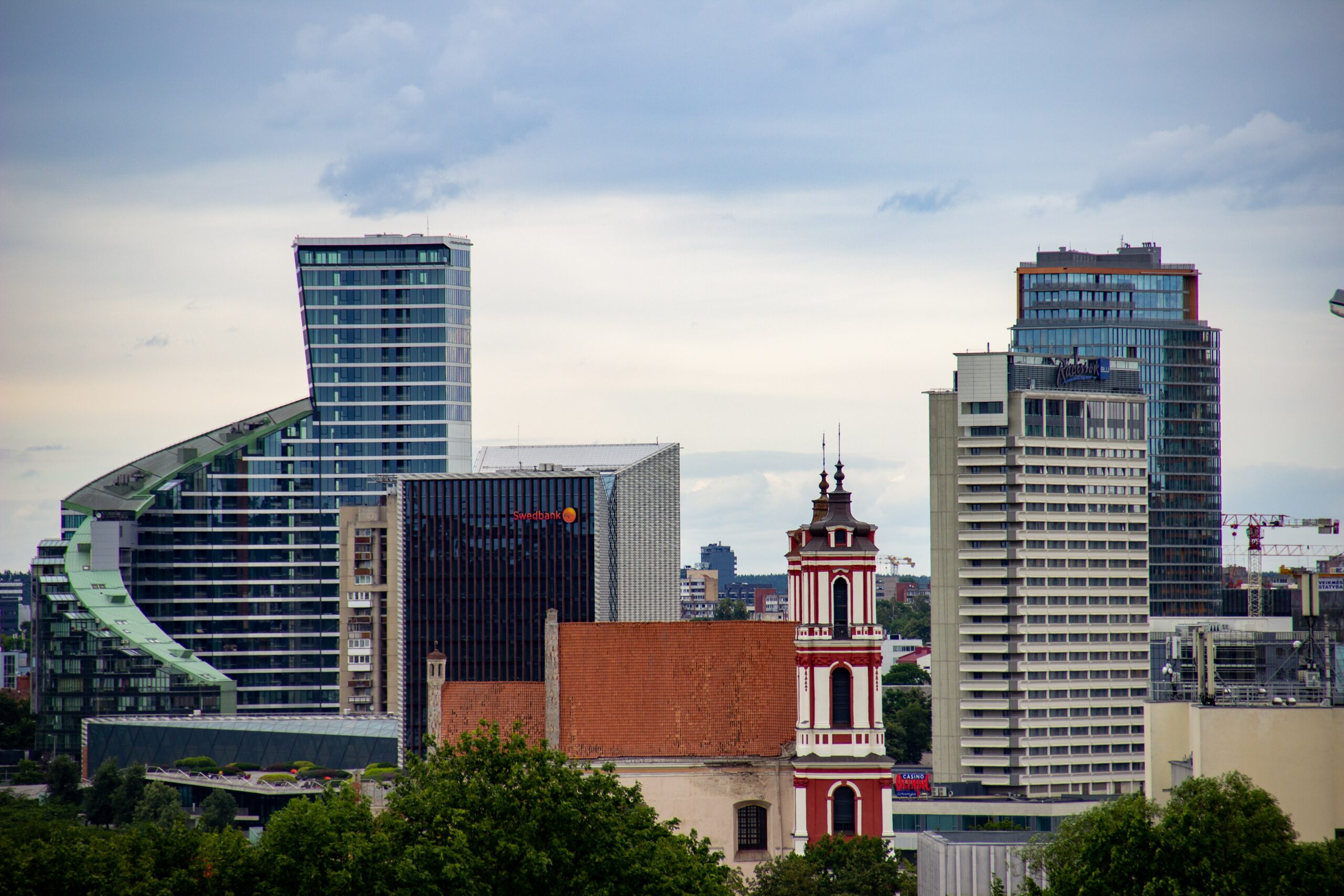Lithuania’s capital Vilnius is emerging as one of the most active biotech and life sciences innovation hubs in Europe. Not only biotech giants like Thermo Fisher Scientific or Biogen have chosen the Baltic country for their operations, but also an ever-growing number of rising life sciences startups that are catching attention of the global investors and science community.
Currently, more than 80 life sciences startups are operating in Lithuania. Among them are Biomatter Designs, Droplet Genomics and Diagnolita – names that receive increasingly more recognition internationally.
Conjoining synthetic biology and AI to move beyond nature’s limits
These growing biotech enterprises are making buzz for a reason. Founded in 2018, Biomatter Designs quickly became the rising star of Lithuania’s biotech industry with its focus on developing new technology for generative protein design. Application of such innovation can open the way for the next generation of manufacturing and protein therapeutics.
“Our generative artificial intelligence platform allows us to construct new proteins with the desired functions right from the first atom, which would otherwise be difficult to obtain by classical experimental and computational approaches,” said Laurynas Karpus, the CEO of Biomatter Designs. “That opens completely new possibilities in terms of designing novel protein therapeutics and industrial enzymes.”

According to Karpus, Vilnius is a great spot for biotech research and development because it offers an exceptional talent pool due to excellent university programs that put great emphasis on practical skills of the students. He says that the existing life sciences ecosystem is also extremely supportive for both startups and well-established corporations and there is professional support available to ensure a fast and efficient soft-landing in Vilnius for new companies.
Droplet microfluidics for cutting-edge research
Another gem of this thriving life sciences ecosystem in Vilnius is Droplet Genomics – the team of researchers and scientists, led by prof. Linas Mažutis, who are developing and commercializing droplet microfluidics technology-based solutions for research applications. Based in Vilnius, which has become the gravity centre for Lithuania’s biotech sector, the company develops integrated hardware platforms, reagents and application kits.
Droplet Genomics aims to offer complete solutions that enable researchers to seamlessly adopt high-throughput analysis workflows.
“By employing advanced microfluidic technologies, we strive to provide the R&D market with innovative products for microbiology, synthetic biology and high-throughput screening applications,” explained Juozas Nainys, CEO and co-founder of Droplet Genomics.

He emphasised the importance of the developed infrastructure and networking capabilities that are necessary to successfully work in the life sciences field. In Vilnius, these are provided not only by open access R&D centres concentrated around Vilnius University and Vilnius Gediminas Technical University in the city’s Sunrise Valley district, but also by the nearby Vilnius City Innovation Industrial Park where many of the innovative biotech companies conglomerate. These capabilities will be furthermore expanded with the completion of the construction of VCIIP’s life sciences incubator — Technology Development Center — by 2023.
Employing genetic research for advanced diagnostics
The growing infrastructure also benefits yet another of Lithuania’s rising biotech companies, Diagnolita. The innovative molecular diagnostic tools developed by this Vilnius-based team of researchers have already proved to be particularly valuable in the face of the pandemic. A new Covid-19 saliva PCR test developed by Diagnolita allows to avoid uncomfortable nasopharyngeal swabbing without reducing the test’s accuracy. It has proved to be as reliable as usual nasopharyngeal swab PCR tests.
“Our area of research is modern, precise and non-invasive medical diagnostics that allow for a more effective detection of certain types of diseases,” said the CEO of Diagnolita Julius Gagilas. “Besides Covid-19, we have developed an accurate saliva-based prostate cancer diagnostic test and are also working on other modern diagnostic tools based on current achievements in RNA and DNA research, as well as advances in the personalized medicine field.”

According to him, Lithuania undoubtedly can be labelled as a biotech country and its life sciences industry still has a huge potential for further growth. It is mainly because of the strong scientific research base in universities – that are also a source of high-level specialists in the field – developed infrastructure and successful collaboration between business and science that the prospects of Lithuania’s biotech industry seem bright.
The three startups discussed above are just a small sample of the lively and evolving Lithuania’s life sciences ecosystem. With the further development of innovation infrastructure, such as VCIIP, Lithuania can solidify its status as one of Europe’s biotech centres – an ambition that this Baltic state isn’t hiding.
Not only does it have ambition though, but it is firmly moving towards its fulfilment. Last year, Lithuania’s biotechnology sector grew by a record 87 percent. Most importantly, the sector was highly efficient with one employee in biotech generating around €780,000 of income – a figure that few other countries in the region can be proud of.




Would you like to write the first comment?
Login to post comments